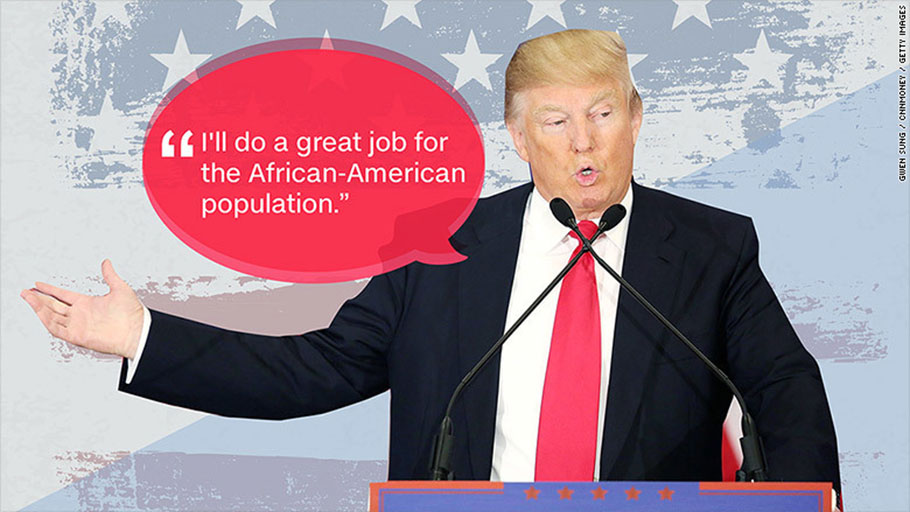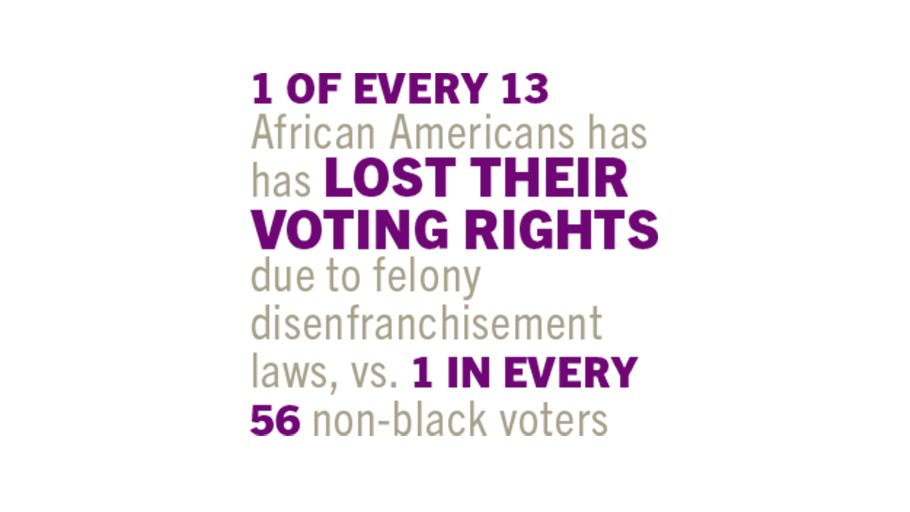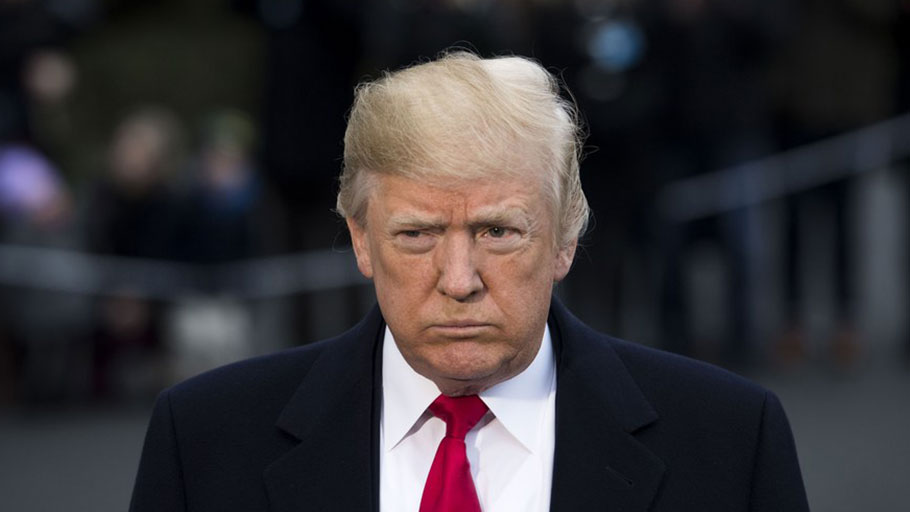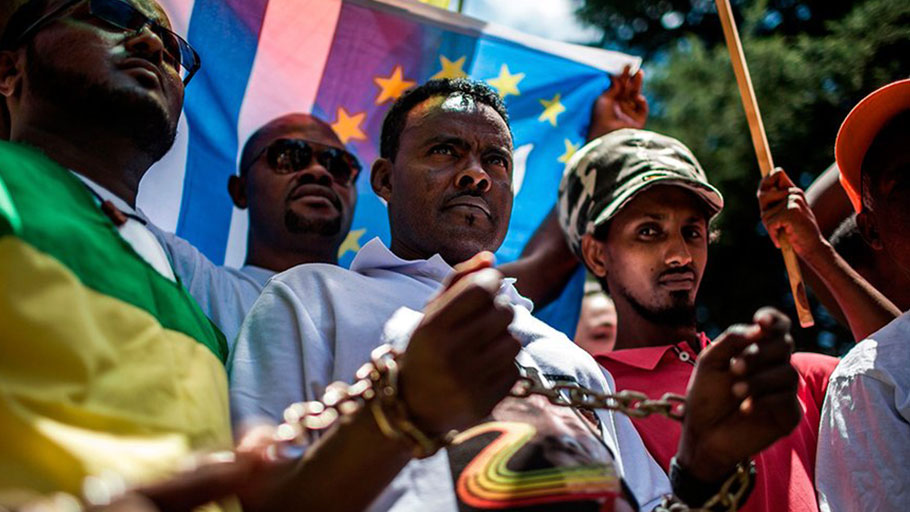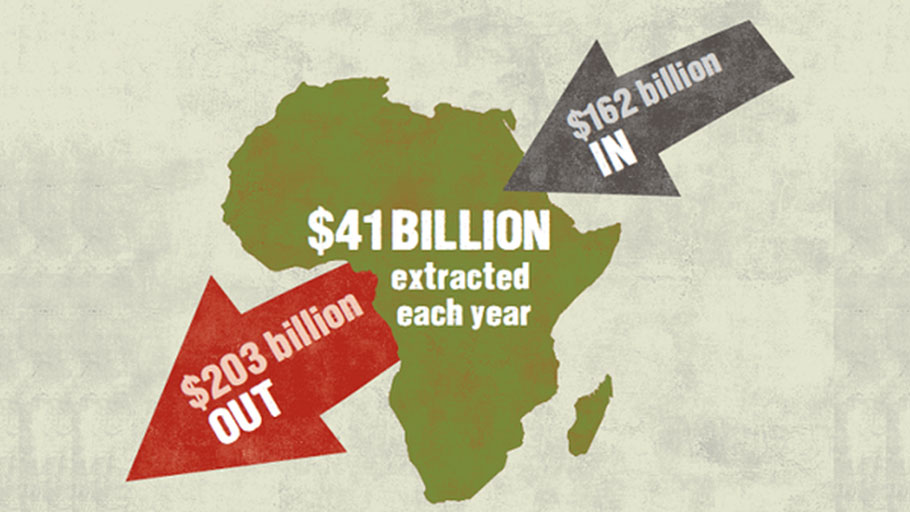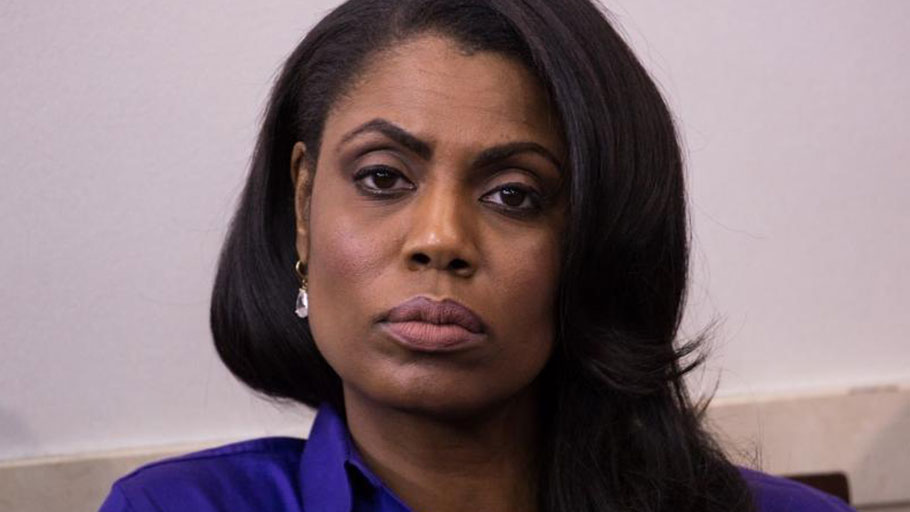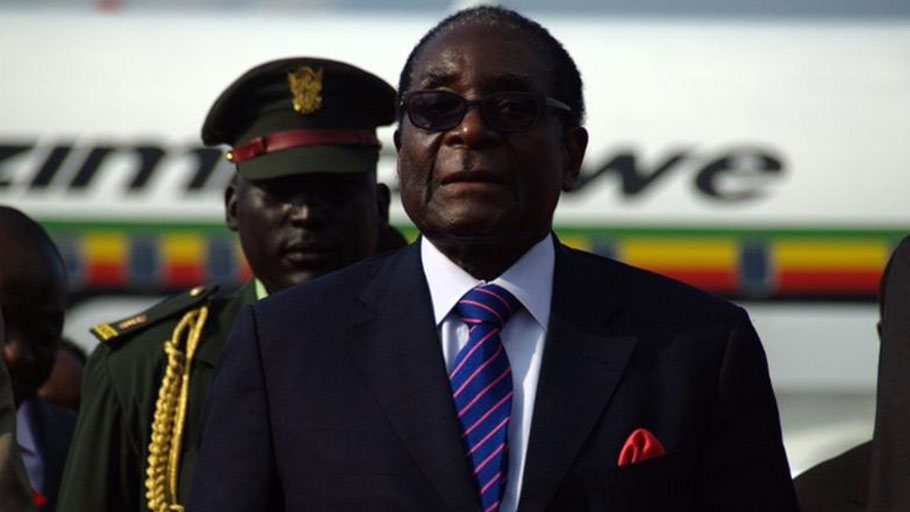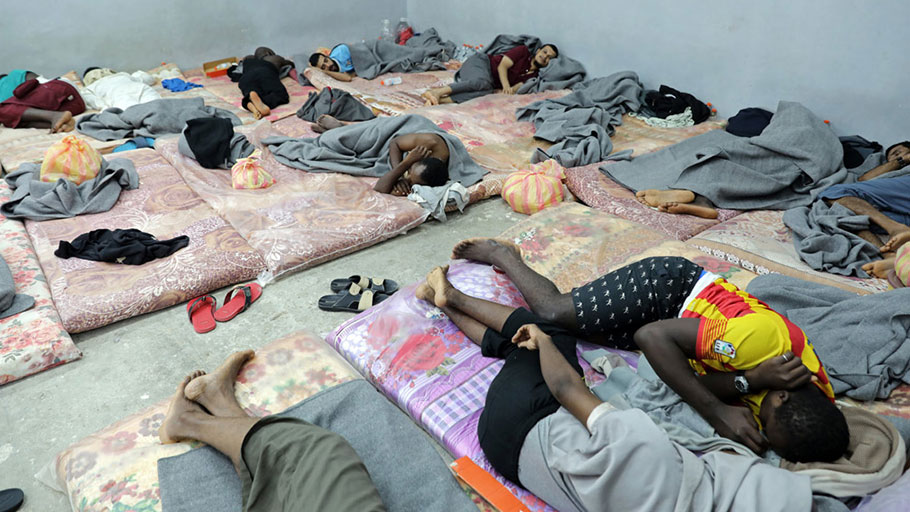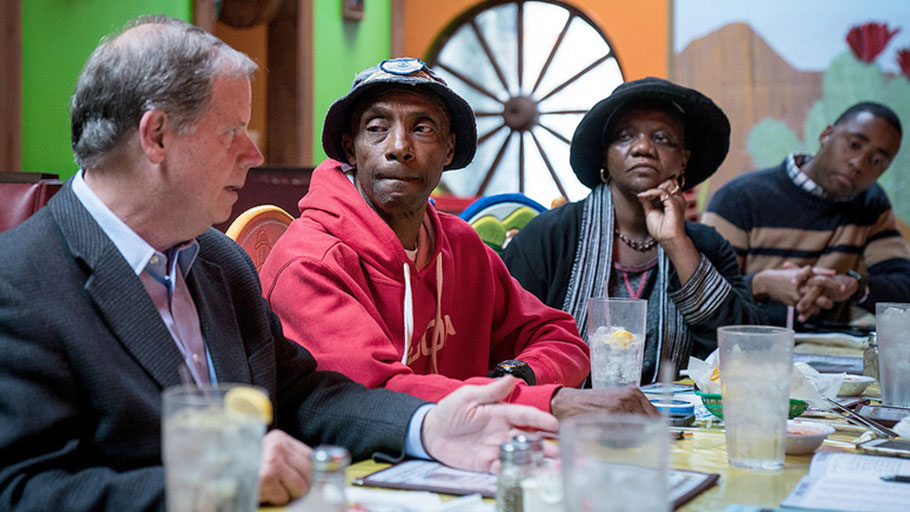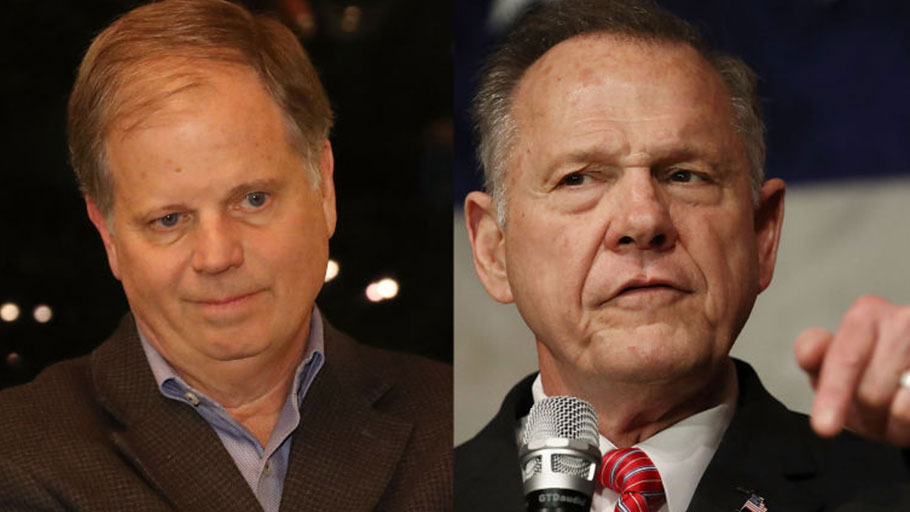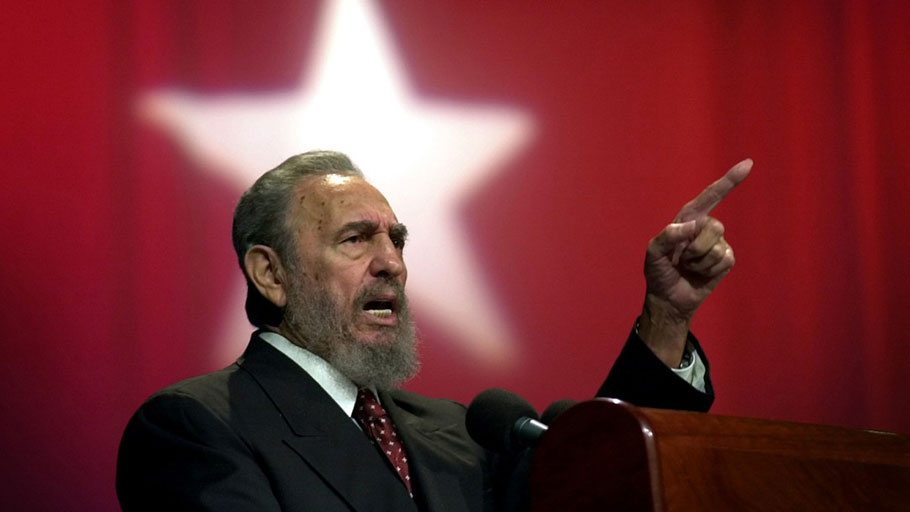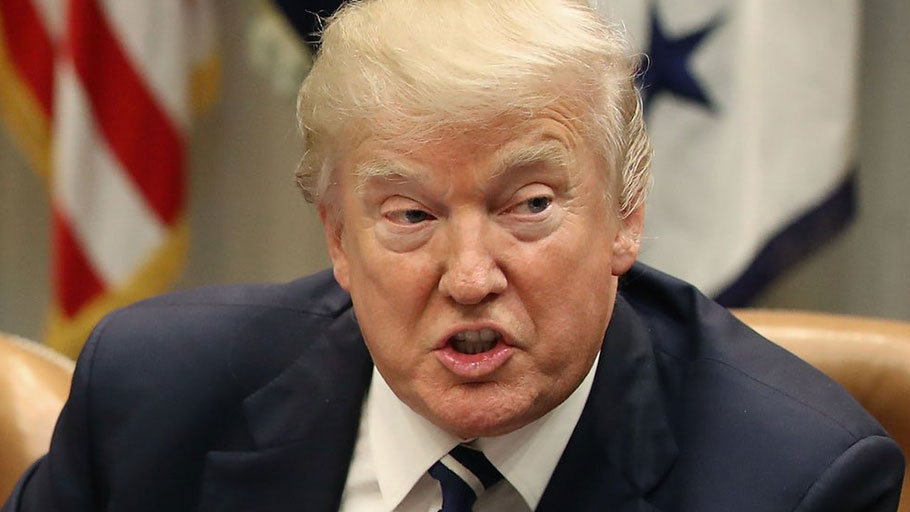
His “shithole” remark reveals the motive behind his immigration policies. By Jeet Heer — Meeting with leaders from both parties yesterday to craft a bipartisan immigration deal, President Donald Trump uttered words that are likely to define his presidency. When lawmakers raised the issue of protecting immigrants from Haiti, El Salvador, and African countries, the president reportedly asked, “Why are we having all these people from shithole countries come here?” He added, “Why do we…

